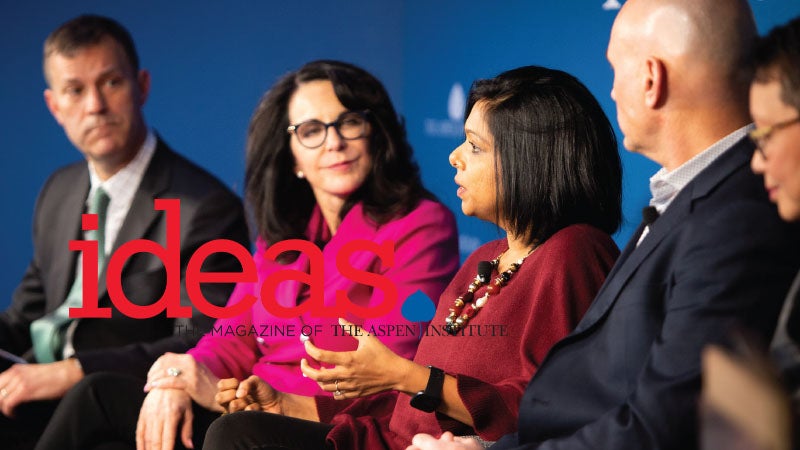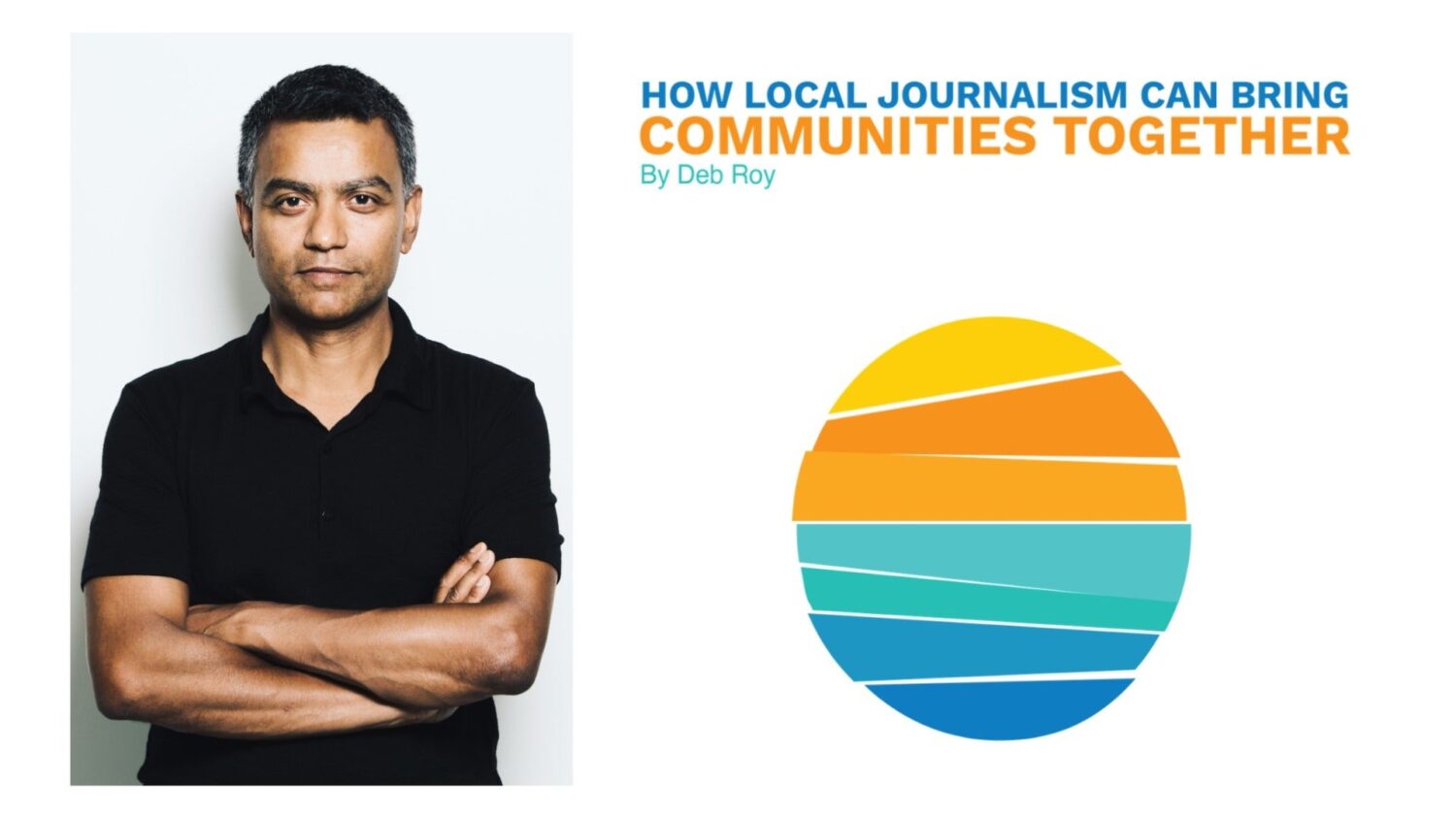In January, UpSkill America, part of the Institute’s Economic Opportunities Program, celebrated its fifth anniversary at an event in Washington, DC. Upskilling is when businesses invest in their employees’ advancement, allowing workers to gain skills and pursue career-opening opportunities like degrees, certifications, and training. But it isn’t just the employees who benefit. Upskilling gives businesses a competitive advantage with an increasingly knowledgeable staff, higher employee satisfaction, and lower turnover. The program featured a series of panels with senior leaders from companies like Accenture, Microsoft, and Walmart who shared why they are investing millions to support their employees’ professional growth. “We wanted to create a comprehensive program that allowed anybody who was working at Disney in an hourly capacity to study whatever they wanted,” said Chris Trout, the vice president of learning and development at the Walt Disney Company, “and prepare people for the skills that are going to be needed for the 21st century.” Other participants offered inspiring personal stories. “It was so important to find something that would allow me to be a mom, work a career, and be an elected official at the same time,” said Lisa Gauthier, who completed her bachelor’s degree while serving as mayor of East Palo Alto, California. Snap-On CEO Nick Pinchuk closed the day with a call to action. “We are in a global competition for jobs,” he said, “and the greatest thing we can do to arm our people—the American worker—is to give them upskilling.”
aspeninstitute.org/upskill











